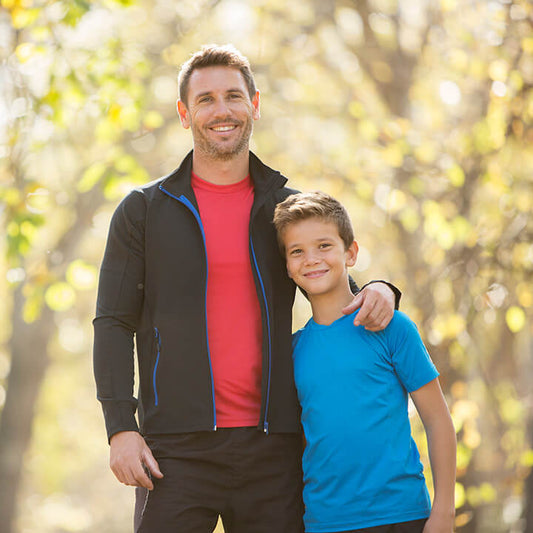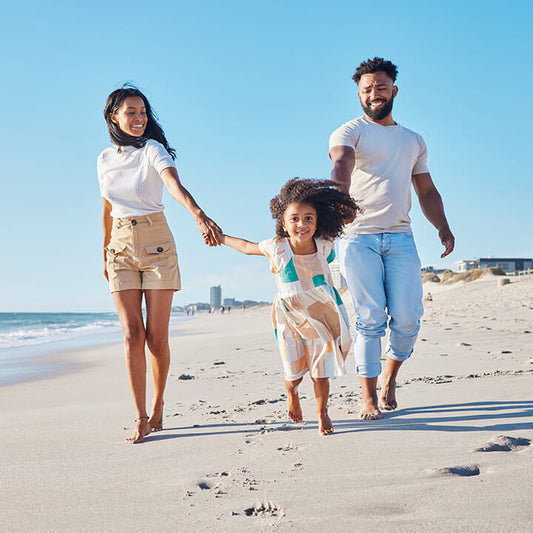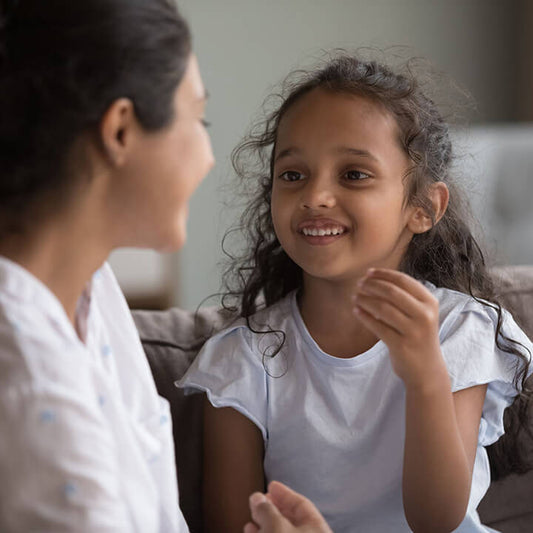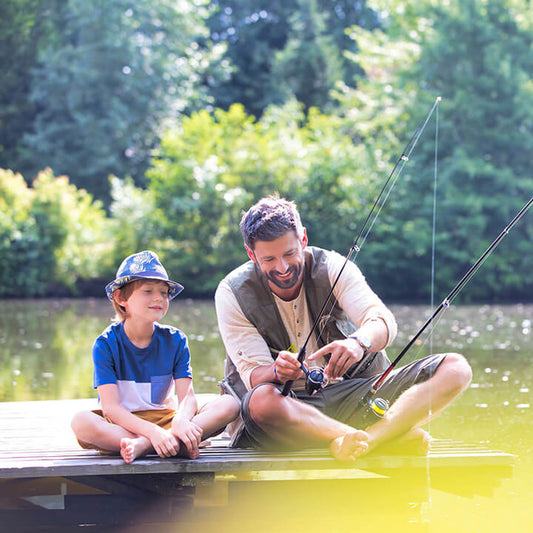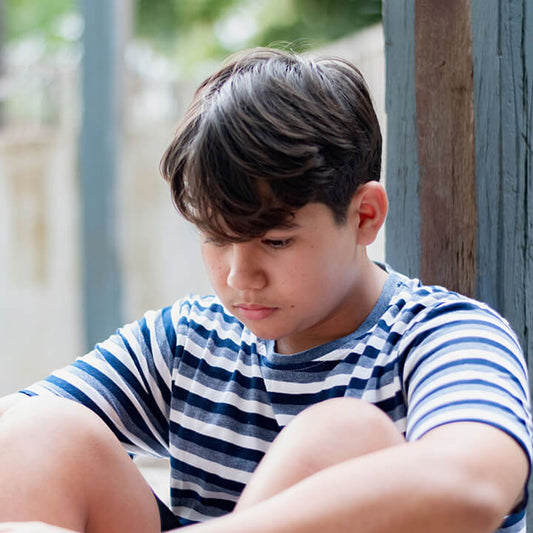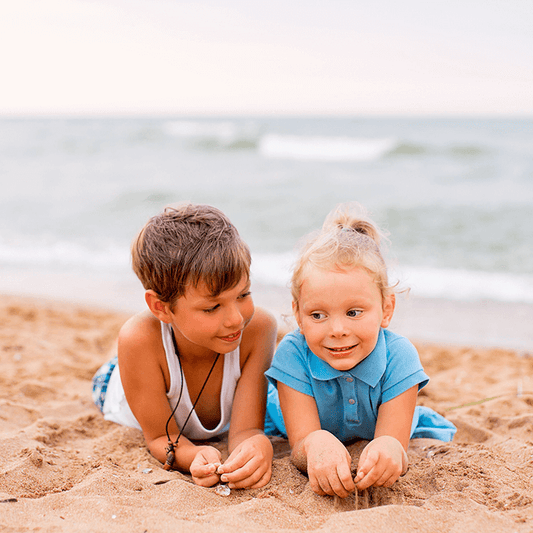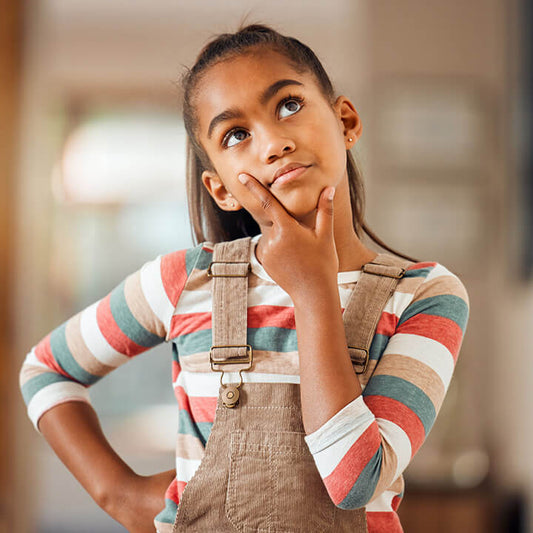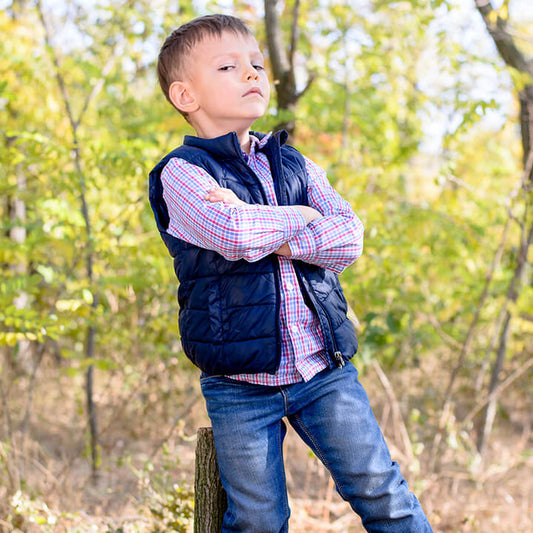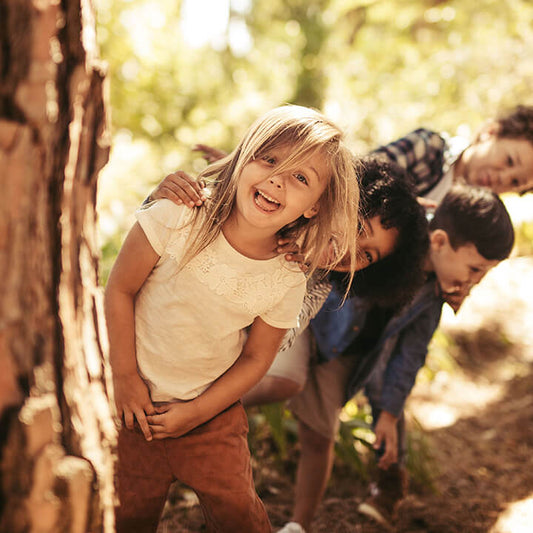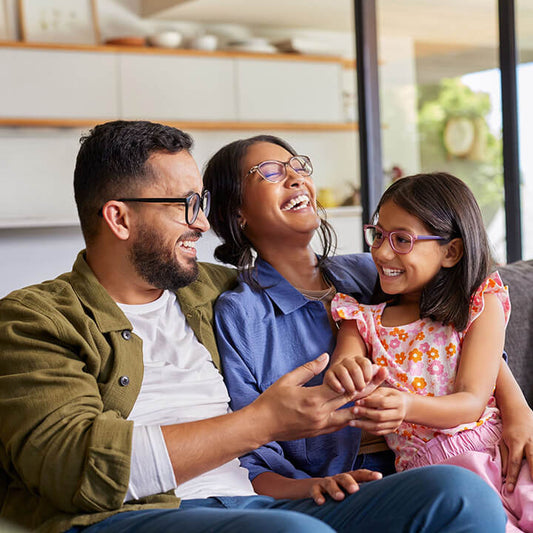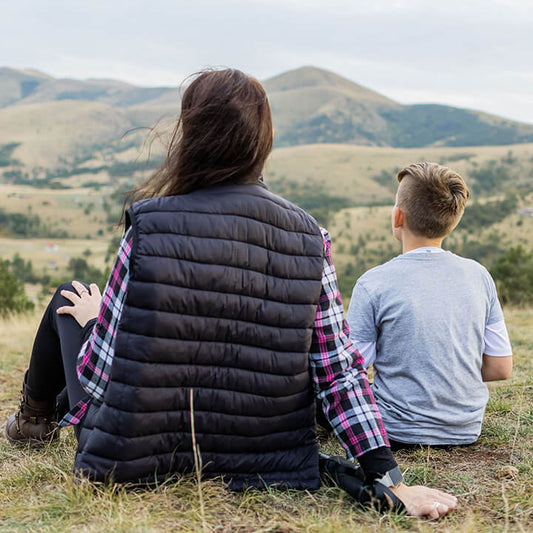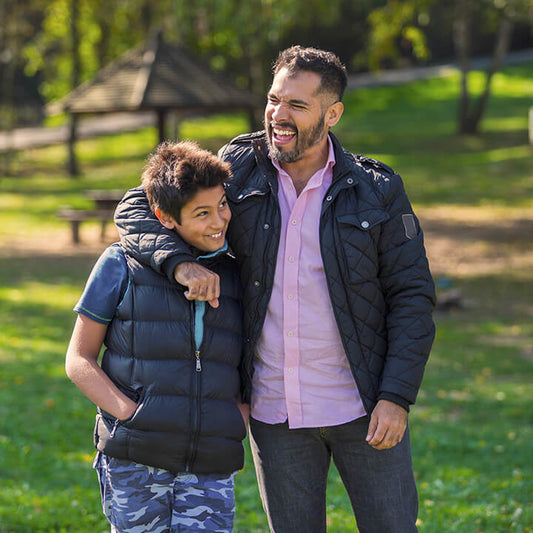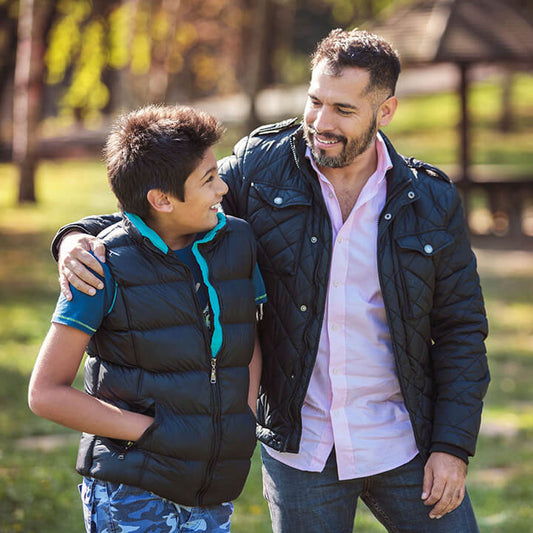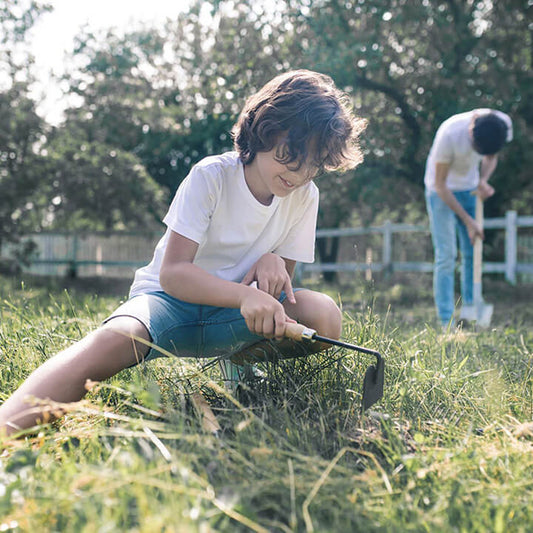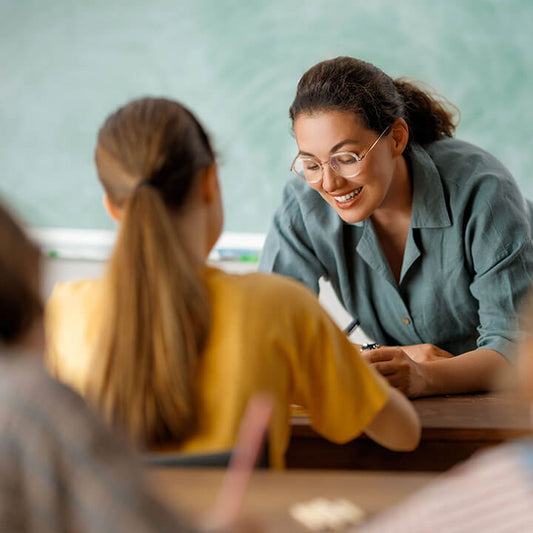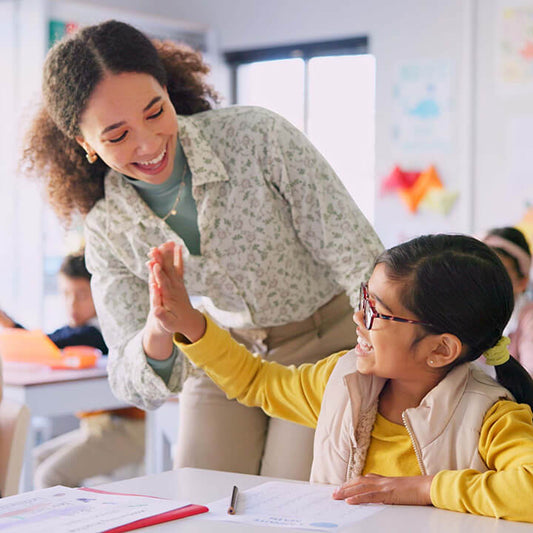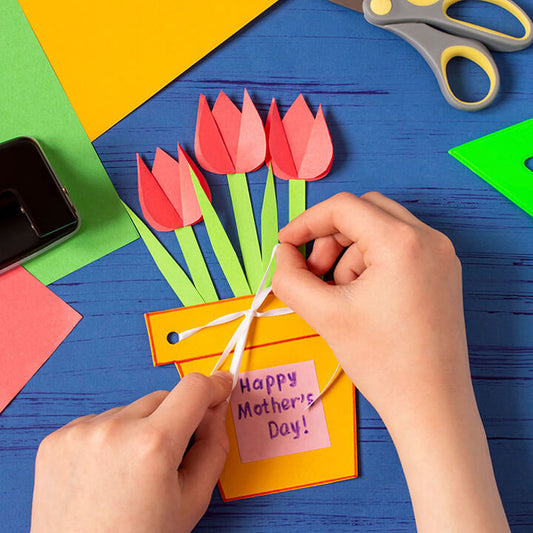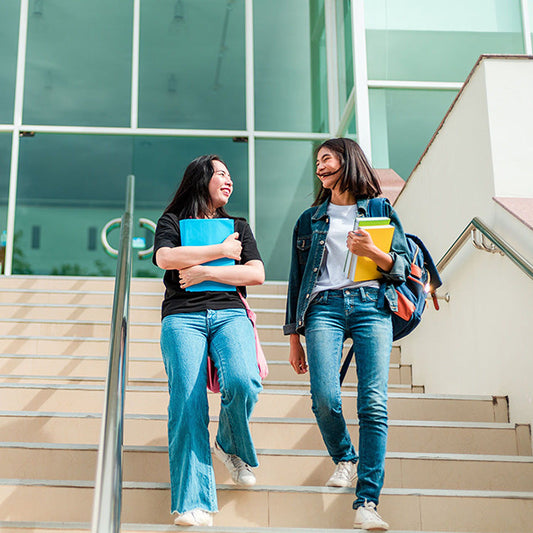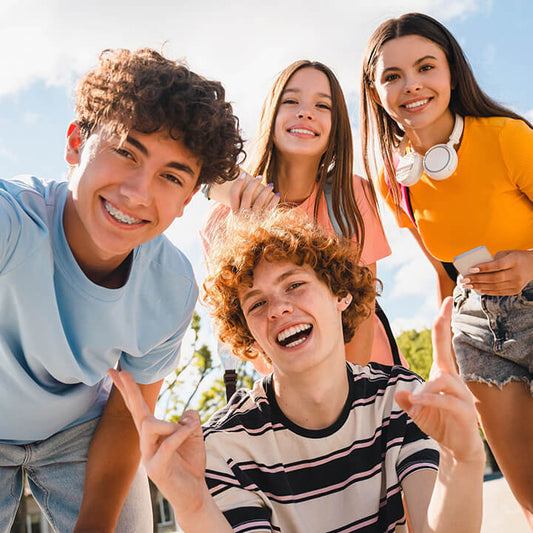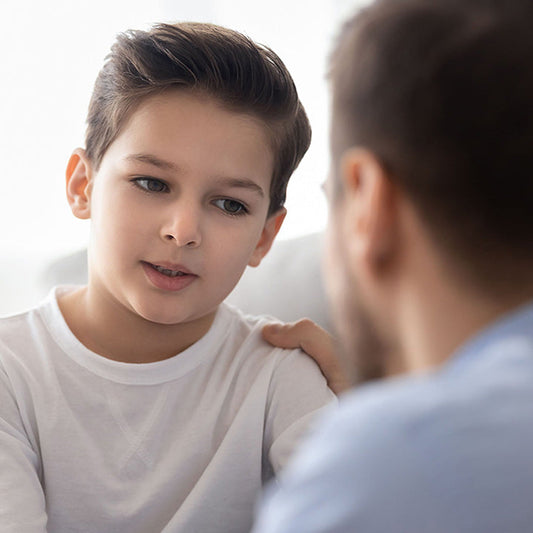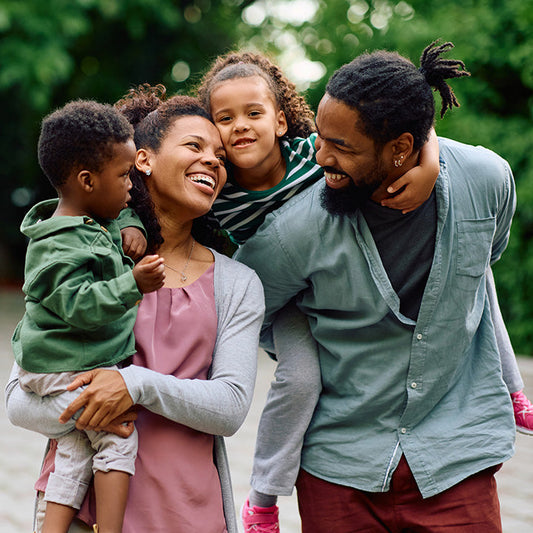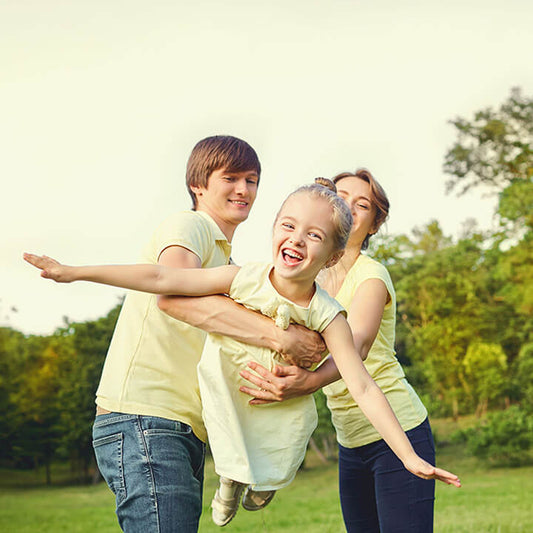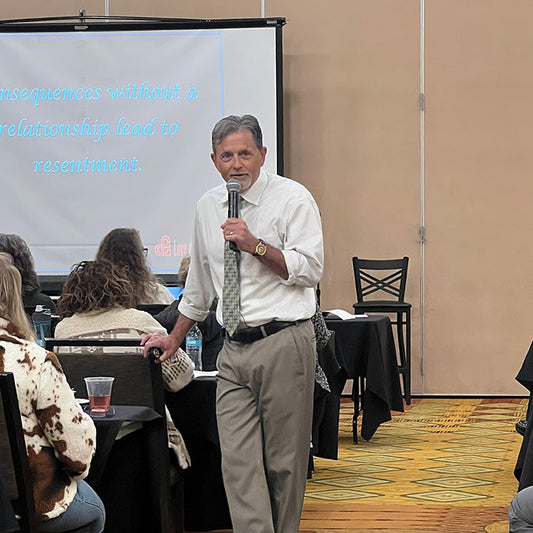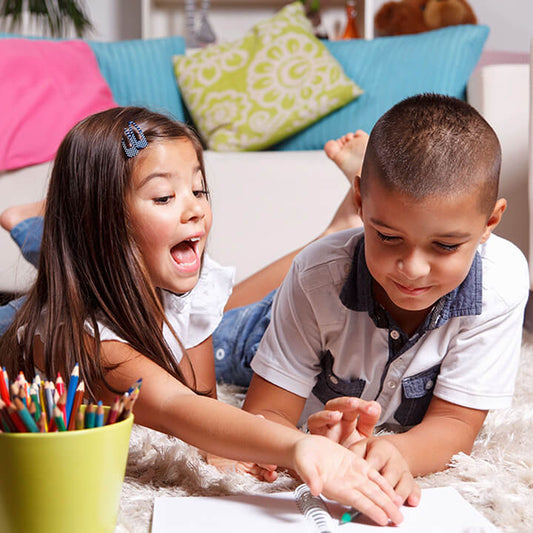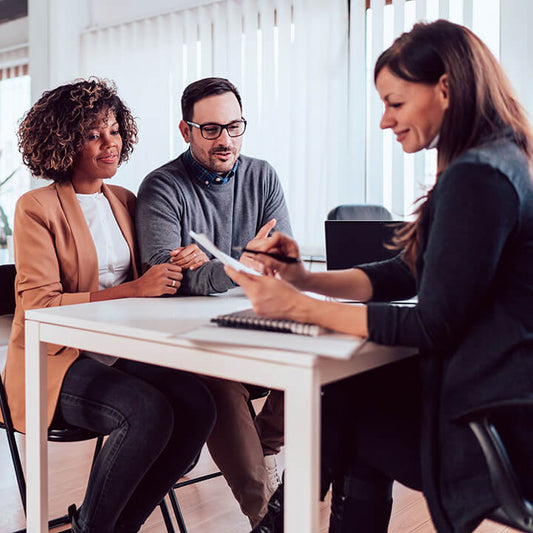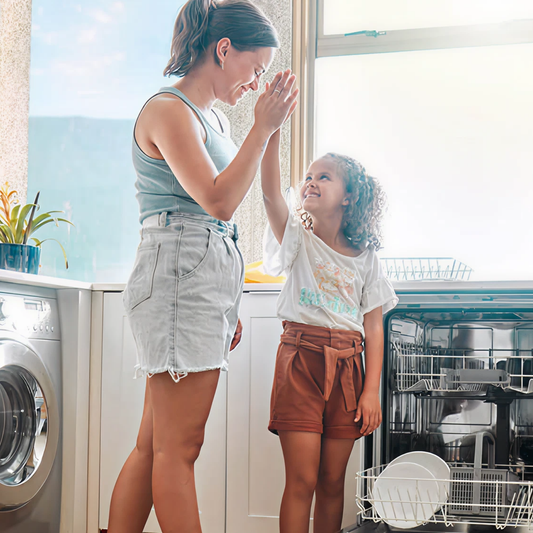Using empathy is at the heart of Love and Logic, and we have two rules for when to use empathy. First, when kids make a problem for you or for others, it’s time for consequences with empathy. The second rule of Love and Logic, when kids make a problem for themselves, it’s time for empathy about the consequences.
We often focus on how to use empathy when kids make problems for others. Here is an example of how to use empathy when kids make problems for themselves.
Mom woke out of a sound sleep to find 12-year-old Tony in her room crying, “Mom, can you do anything for me. My back hurts so bad.” Turning on the light, she saw that his back was covered with tiny blisters. He had gone to a swimming party with his friends and now had a severe sunburn.
This was hard for her to believe, given the sunblock lecture she had launched upon the kids before they left the house. Her first reaction upon seeing Tony’s sunburn was to say something like, “Didn’t I warn you about this? Why don’t you ever listen? Do I have to do all your thinking for you? You are grounded for the rest of your natural life, and don’t think I don’t mean it!”
Fortunately, she held her tongue. She remembered what she had just learned during the last session of her Love and Logic Parenting Class. The class trainer had said something that really caught her attention, “If something else or someone else can provide a consequence, you can be the good guy by providing the empathy.”
Now mom could see what this meant. Sunburn was providing the consequence. There was no need for her to do more. She could provide lots of genuine, sincere empathy to lock in the learning opportunity.
That’s exactly what she did with, “Oh, Tony. That must hurt something fierce. I hope those blisters don’t leave any scars. Let’s see if we can find something to take away some of this pain. Give me a hug.”
The following day she said little about it, except to ask, “Tony, I know that you are really hurting. Have you been thinking of any ways to prevent this in the future?”
As parents use empathy in both ways—when kids create problems for others as well as when they create problems for themselves—they tap into the power of consistently modeling this behavior for their kids. Kids not only learn from the consequences of their behavior and actions, but they see how to use empathy with others in their lives. We believe that when parents use empathy, they teach empathy to their kids.
In our audio, Keeping Cool When Parenting Heats Up, we describe how consequences gain their power from the empathy locked in before they’re delivered.
Thanks for reading!





















